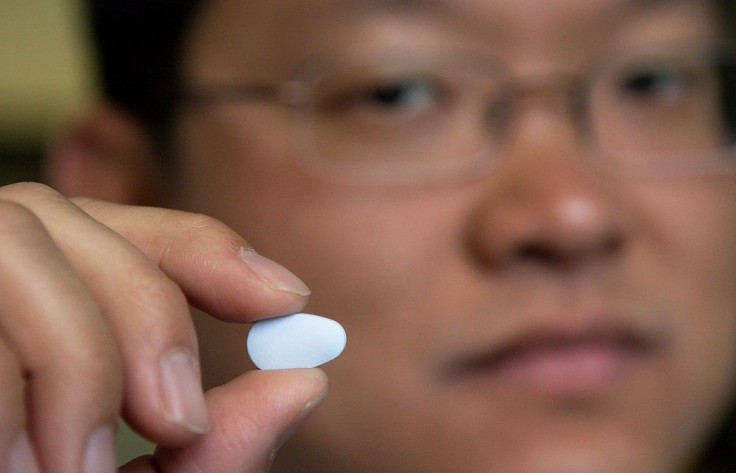2 HIV drugs in Thomson Reuters list of 7 blockbuster medicines to watch in 2016

A new study lists seven drugs that have the potential to become blockbusters in 2016. Interestingly, two of the seven medicines estimated to make at least $1 billion (AUD$1.32 billion) in sales are for treating HIV.
However, heading the list of the seven drugs expected to sell well is to treat chronic liver ailments, mainly primary biliary cirrhosis. It is obeticholic acid, to be manufactured by Intercept Pharmaceuticals and Sumitomo Dainippon Pharma, reports Fortune.
The 2020 forecast sales of obethicholic acid to $2.62 billion (AUD$3.5 billion) is because the new drug is a very effective for treatment of non-alcoholic steatohepatitis which refers to a liver inflammation due to fat build-up in the organ. The makers have a potentially large market because the condition, so far, has no approved treatment, making it a pioneer medication.
Occupying the second and third spots on the list, developed by Thomson Reuters, are HIV drugs by Gilead Sciences. The upcoming emtricitabine and tenofovie alafenamide (F/TAF), by Gilead and Japan Tobacco, aims to be the new daily single-dosage option to replace current HIV treatments, including Truvada, which is set to lost patent protection in 2017.
The second HIV drug, tenofovir alafenamide and emtricitabine and rilpivirine, would be made by Gilead and Janssen R&D. The drug is expected to improve renal and bone mineral density measurements compared with current medication. As longevity of HIV patients continue to improve and a large number become eligible for retroviral drugs, the two new TAF-based medication are forecast to enjoy sales of $2 billion and $1.57 billion (AUD$2.65 billion and $2.07 billion), respectively.
The four other anticipated blockbuster drugs of 2016 are Merck’s MK-5172A for hepatitis C virus, Abbvie’s venetoclax for chronic lymphocytic leukaemia, ACADIA Pharmaceuticals’s nuplazid for Parkinson’s disease psychosis, and Nippon Shinyaku and Actelion’s uptravi for pulmonary arterial hypertension.
Besides the two Gilead HIV drugs, there are studies with potential ways of preventing HIV such as the development of a vaccine that could induce broadly neutralising antibodies. The vaccine strategy involves immunising people with a series of different engineered HIV proteins as immunogens to teach the body’s immune system to produce those antibodies, reports News Medical.





















